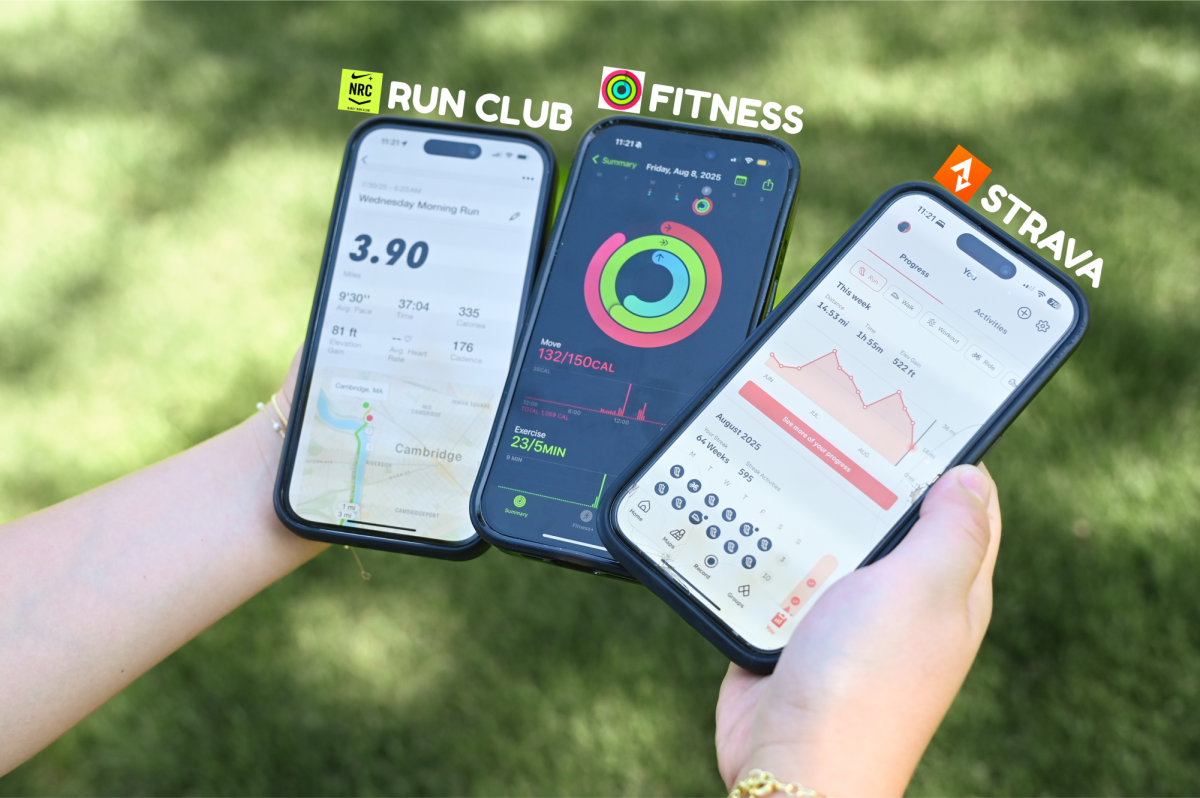On Thursday, September 6, Olympic gold medalist Cullen Jones and veteran three-time Olympic gold medalist Ambrose “Rowdy” Gaines visited the Singh Aquatic Center to speak to student athletes while touring with the Make A Splash foundation.
Jones, 2008 and 2012 Olympian, started swimming at a young age. When he was five years old, he almost drowned in a water park when he was submerged under water for about 30 seconds. Rather than discouraging him, this incident inspired him to begin swimming. Today, he has a gold medal in the 4×100 freestyle relay and an individual silver in the 50 free. According to the USA Swimming website, he is the second African American to hold a world record in swimming.
One of his most memorable races from the Beijing Olympics was the world record setting 4×100 freestyle relay, in which Jones swam the third leg. He was in the pool when Jason Lezak anchored the relay in record time, taking the gold by a hundredth of a second.
Going into the London Olympics, Jones had more confidence and won a silver medal in his first individual race, the 50 free. According to Jones, the hardest part was not the training and lifting 30 hours a week. It was not his Olympic race. It was the Olympics trials.
“Trials were intimidating,” Jones said. “[The United States] team is so deep. Our top 13 swimmers could all be on the freestyle relay.”
As opposed to his 28-year-old counterpart, 1984 Olympian and now swimming analyst Rowdy Gaines started swimming at the age of 17, after being cut from multiple other sports teams. He found that, despite having a late start, his mental toughness has been a factor in winning gold medals in the 100 free, 4×100 freestyle relay, and 4×100 medley relay.
Gaines felt that “living through the valleys and the peaks” was an essential trait that applied not only to swimming, but also to life in general. In 1980, the day after he broke the world record in the 100 free and qualified for the 1980 Olympics, the United States decided to boycott that Olympics. He trained for four more years and accomplished his goals.
Gaines encourages high school swimmers to work cohesively, as a team.
“[The American Olympics swimmers] were so good because they swam as a team,” he said. “My advice to you guys is to come together. Work collectively, not as individuals.”
Jones also suggests that swimmers “listen to their coaches, eat right, and set goals.”
Many water polo players and swimmers agreed that listening to the Olympians was inspiring and interesting.
“Hearing [them] talk about their lives and meeting them was really incredible,” swimmer Jackelyn Shen (10) said. “It was definitely motivating.”


















![“[Building nerf blasters] became this outlet of creativity for me that hasn't been matched by anything else. The process [of] making a build complete to your desire is such a painstakingly difficult process, but I've had to learn from [the skills needed from] soldering to proper painting. There's so many different options for everything, if you think about it, it exists. The best part is [that] if it doesn't exist, you can build it yourself," Ishaan Parate said.](https://harkeraquila.com/wp-content/uploads/2022/08/DSC_8149-900x604.jpg)




![“When I came into high school, I was ready to be a follower. But DECA was a game changer for me. It helped me overcome my fear of public speaking, and it's played such a major role in who I've become today. To be able to successfully lead a chapter of 150 students, an officer team and be one of the upperclassmen I once really admired is something I'm [really] proud of,” Anvitha Tummala ('21) said.](https://harkeraquila.com/wp-content/uploads/2021/07/Screen-Shot-2021-07-25-at-9.50.05-AM-900x594.png)







![“I think getting up in the morning and having a sense of purpose [is exciting]. I think without a certain amount of drive, life is kind of obsolete and mundane, and I think having that every single day is what makes each day unique and kind of makes life exciting,” Neymika Jain (12) said.](https://harkeraquila.com/wp-content/uploads/2017/06/Screen-Shot-2017-06-03-at-4.54.16-PM.png)








![“My slogan is ‘slow feet, don’t eat, and I’m hungry.’ You need to run fast to get where you are–you aren't going to get those championships if you aren't fast,” Angel Cervantes (12) said. “I want to do well in school on my tests and in track and win championships for my team. I live by that, [and] I can do that anywhere: in the classroom or on the field.”](https://harkeraquila.com/wp-content/uploads/2018/06/DSC5146-900x601.jpg)
![“[Volleyball has] taught me how to fall correctly, and another thing it taught is that you don’t have to be the best at something to be good at it. If you just hit the ball in a smart way, then it still scores points and you’re good at it. You could be a background player and still make a much bigger impact on the team than you would think,” Anya Gert (’20) said.](https://harkeraquila.com/wp-content/uploads/2020/06/AnnaGert_JinTuan_HoHPhotoEdited-600x900.jpeg)

![“I'm not nearly there yet, but [my confidence has] definitely been getting better since I was pretty shy and timid coming into Harker my freshman year. I know that there's a lot of people that are really confident in what they do, and I really admire them. Everyone's so driven and that has really pushed me to kind of try to find my own place in high school and be more confident,” Alyssa Huang (’20) said.](https://harkeraquila.com/wp-content/uploads/2020/06/AlyssaHuang_EmilyChen_HoHPhoto-900x749.jpeg)



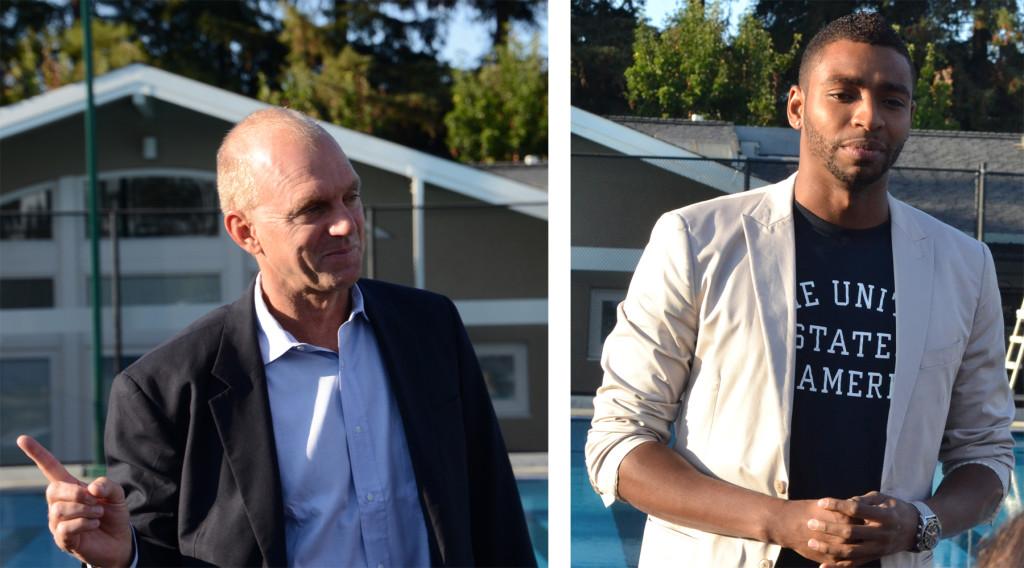




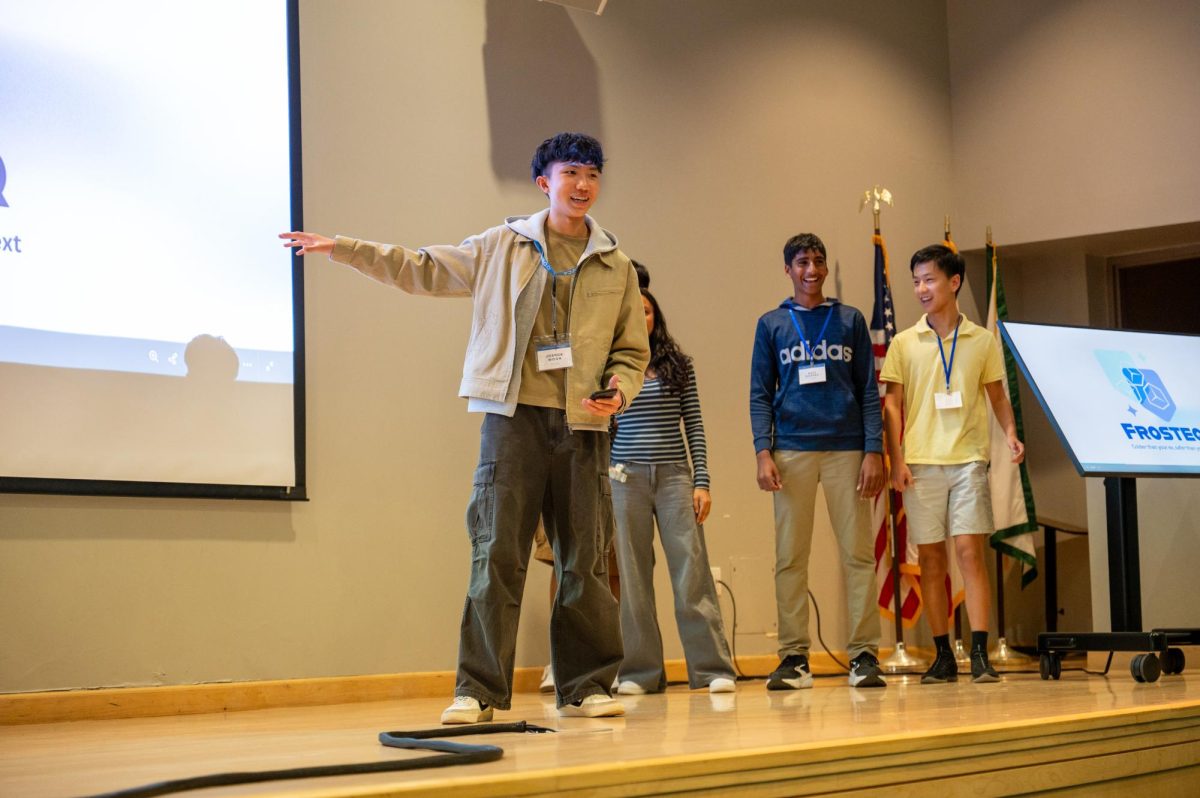
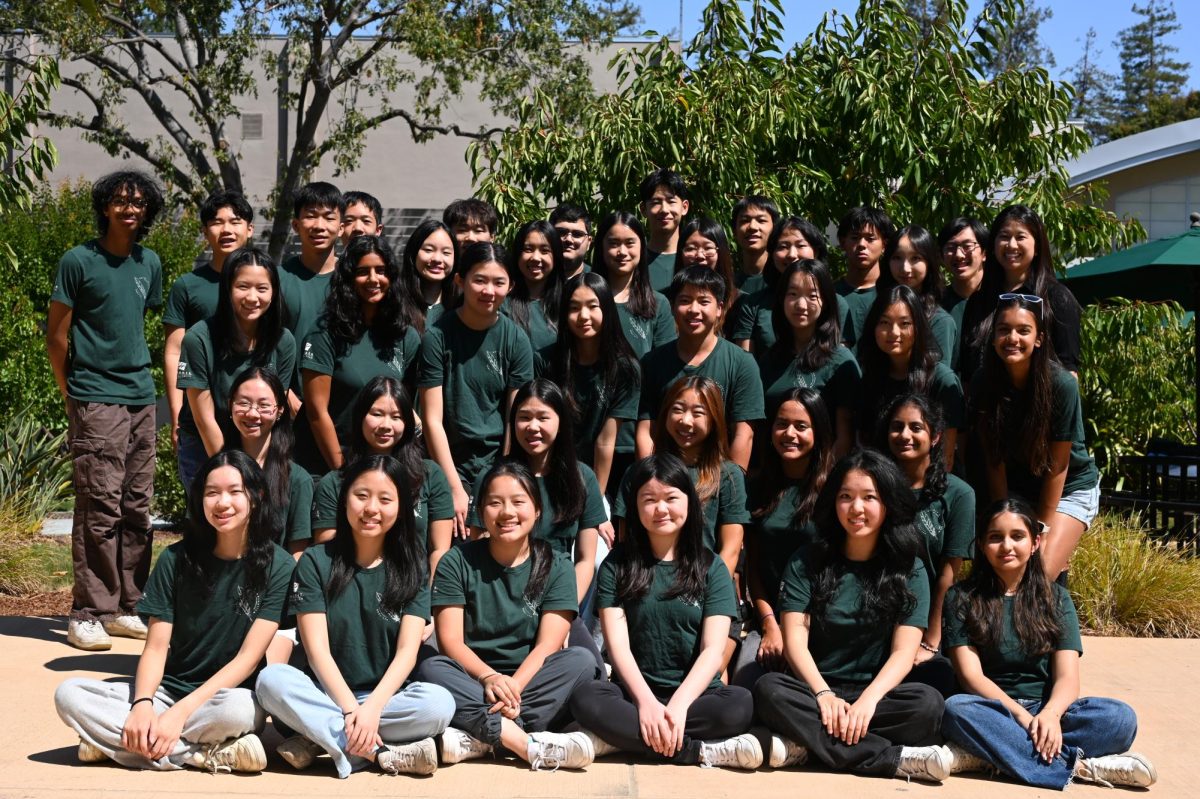
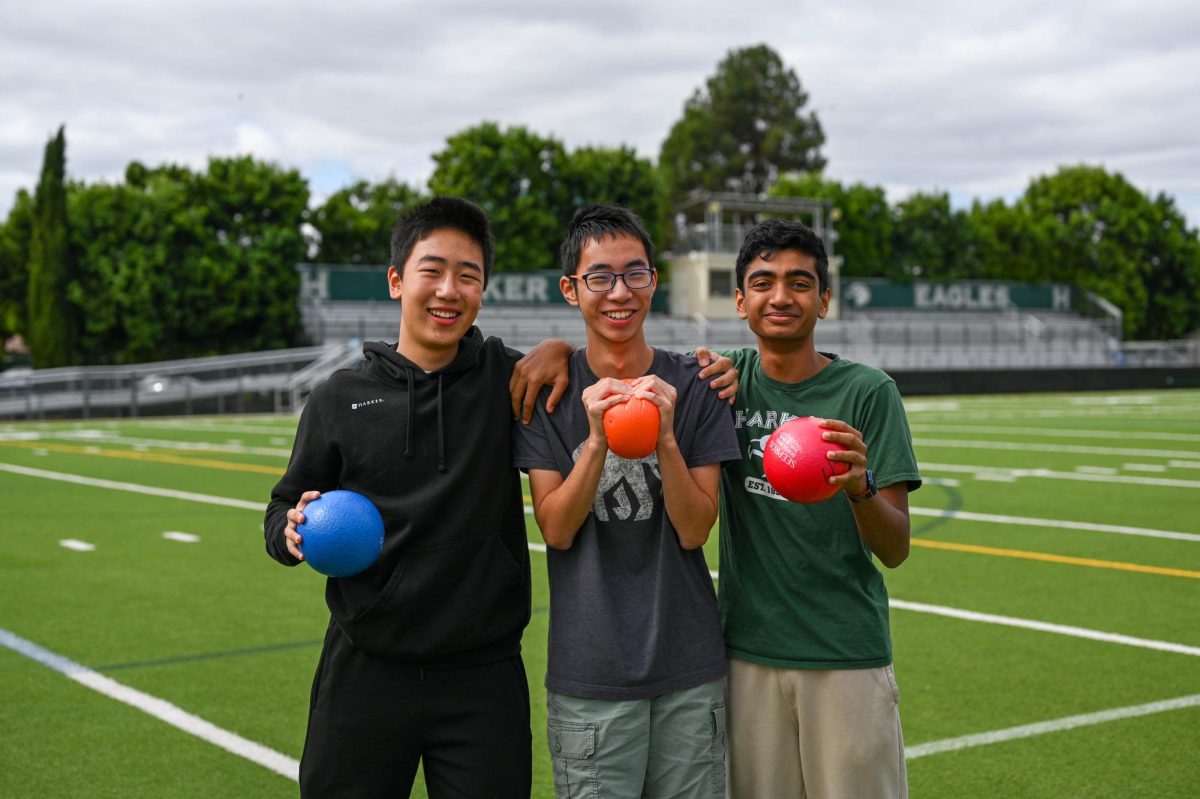
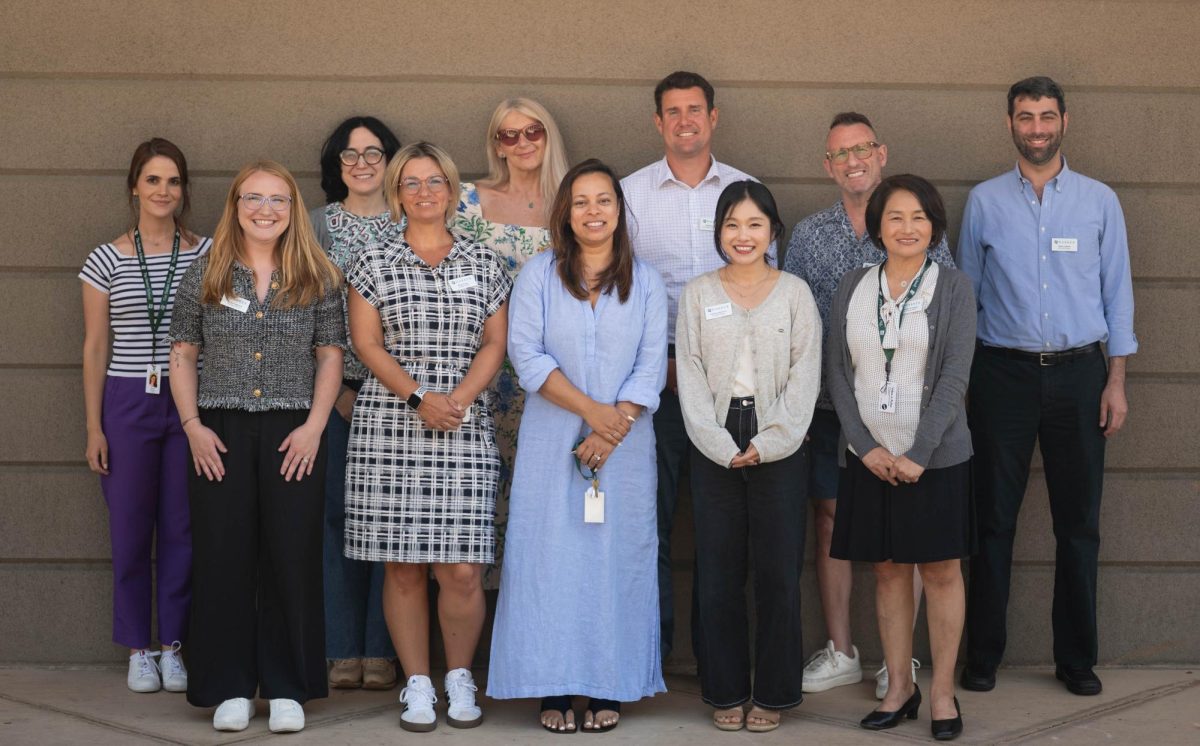
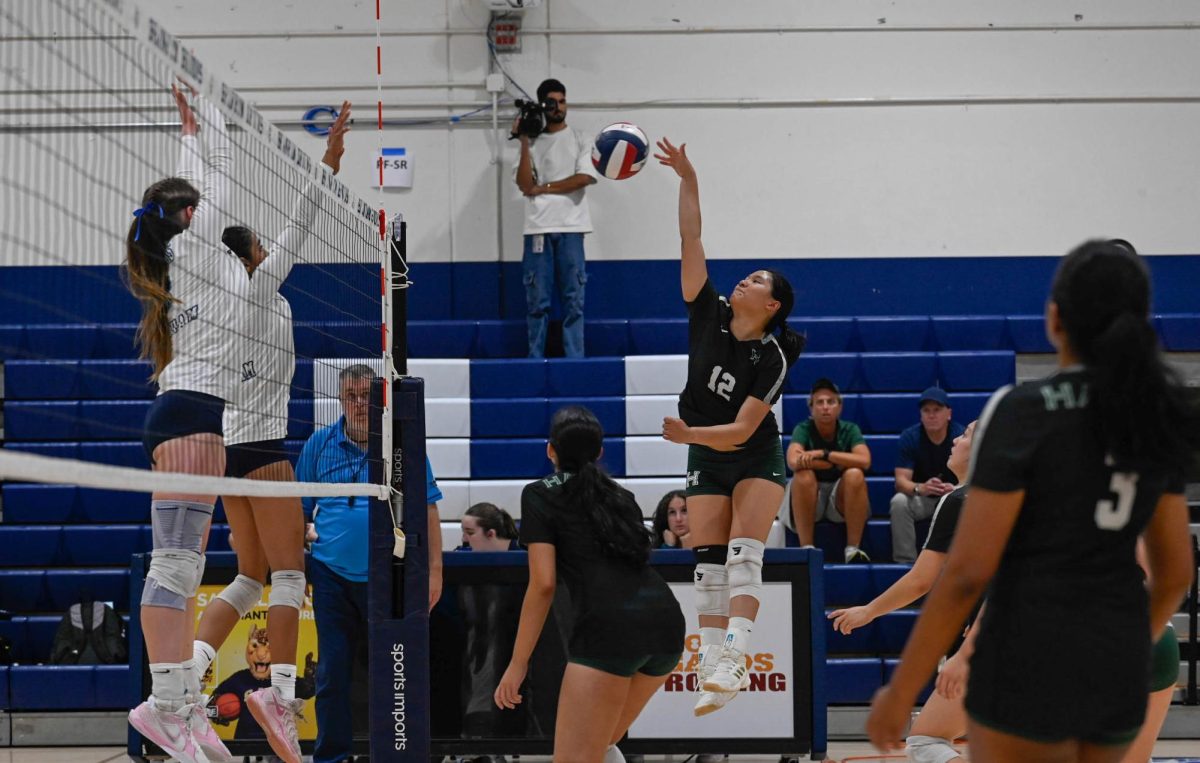
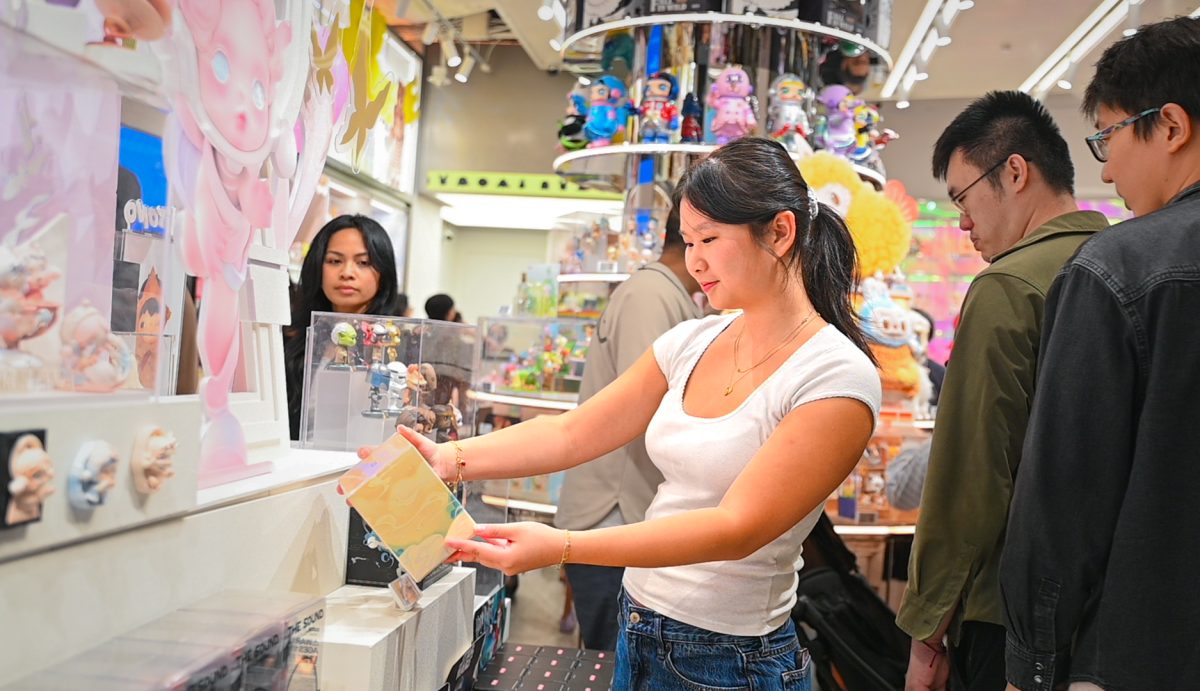
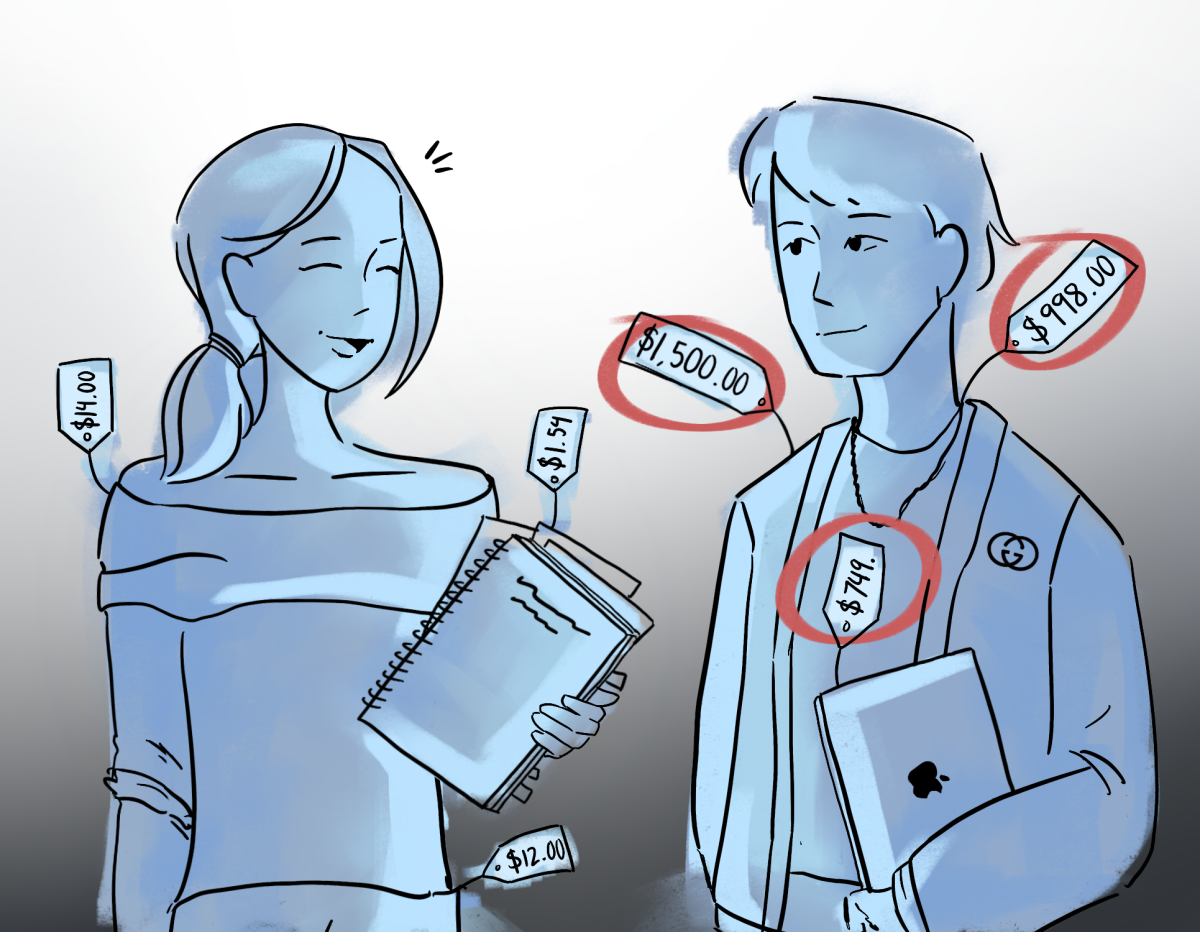
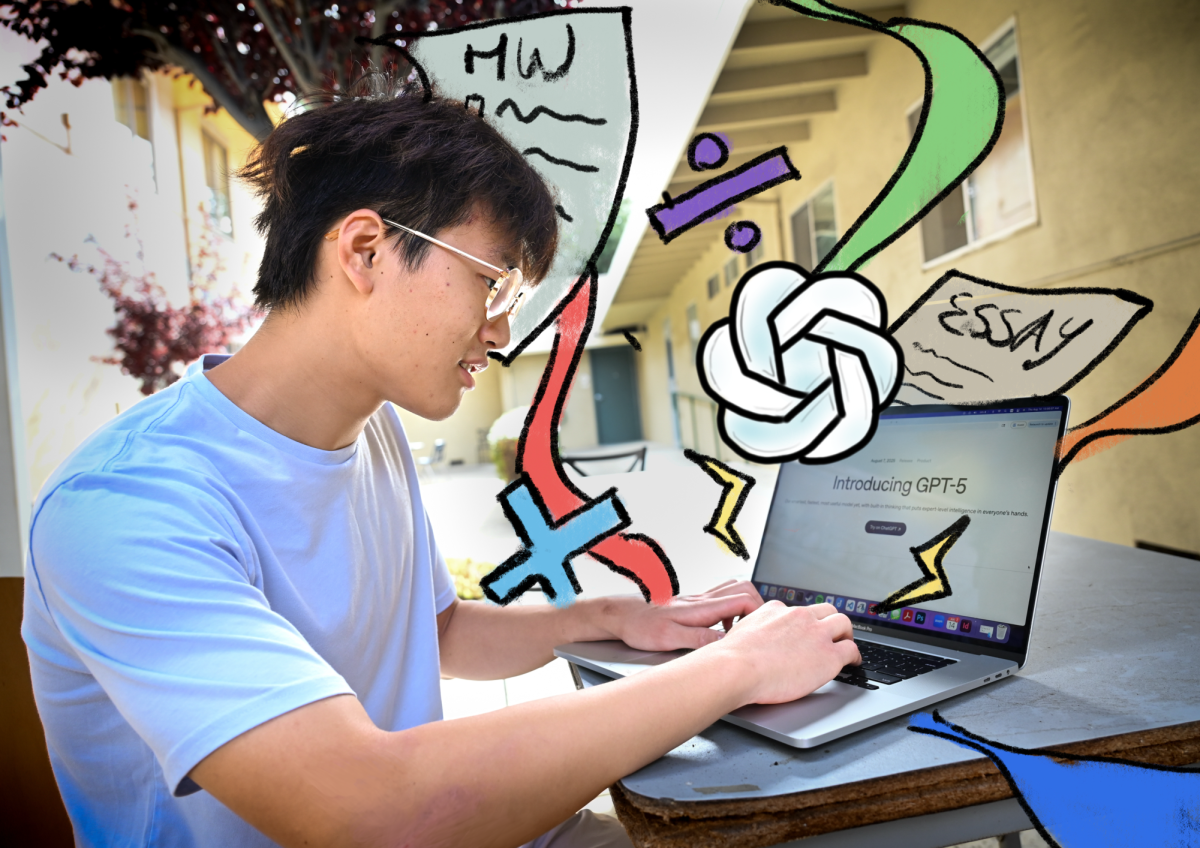
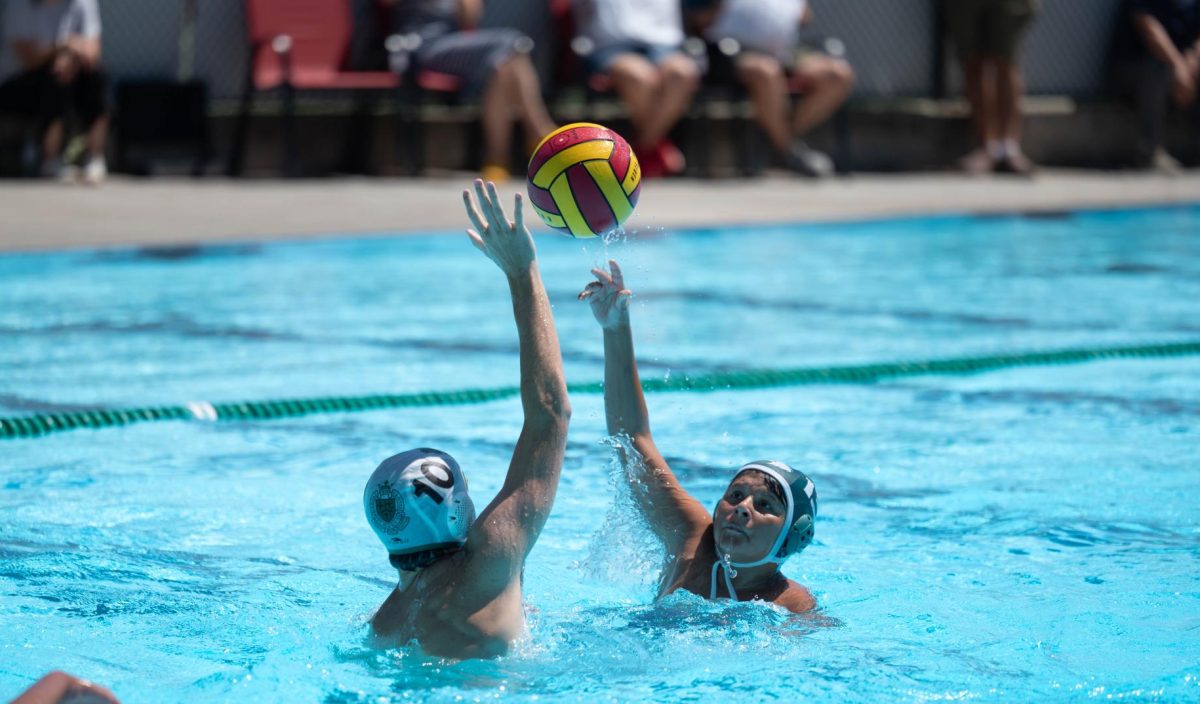
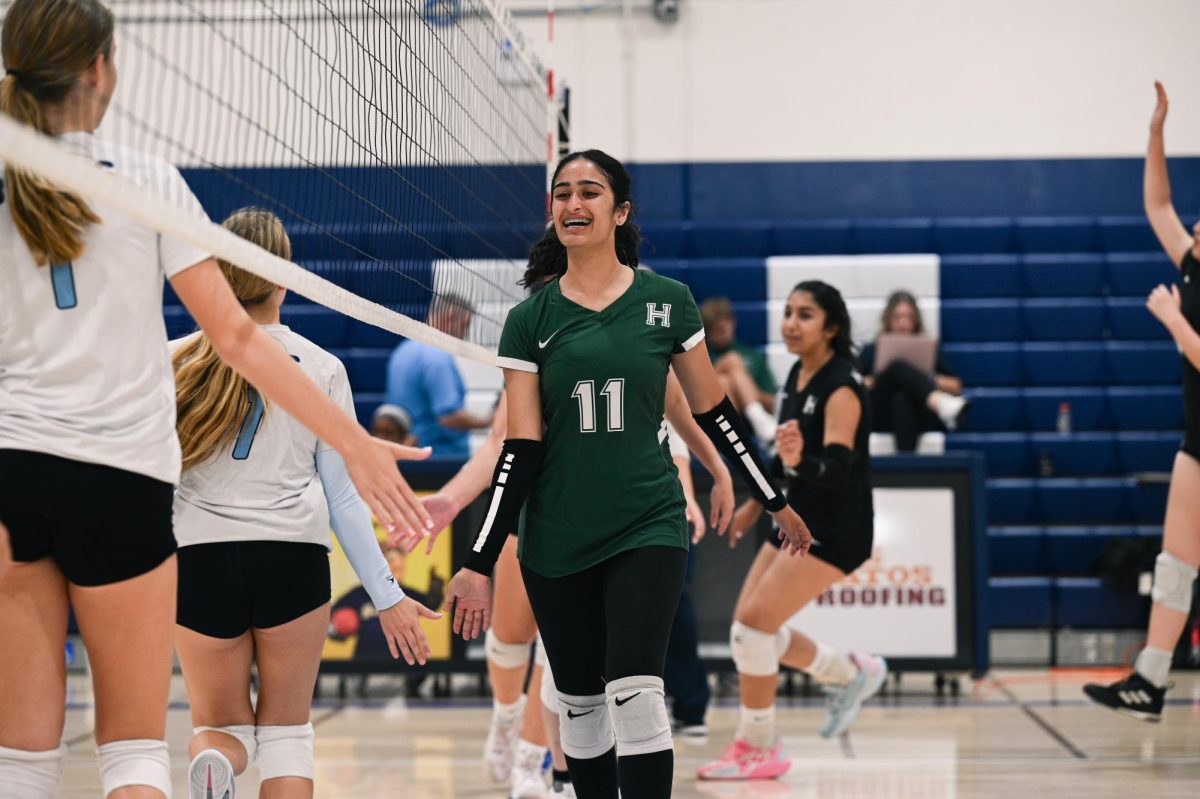
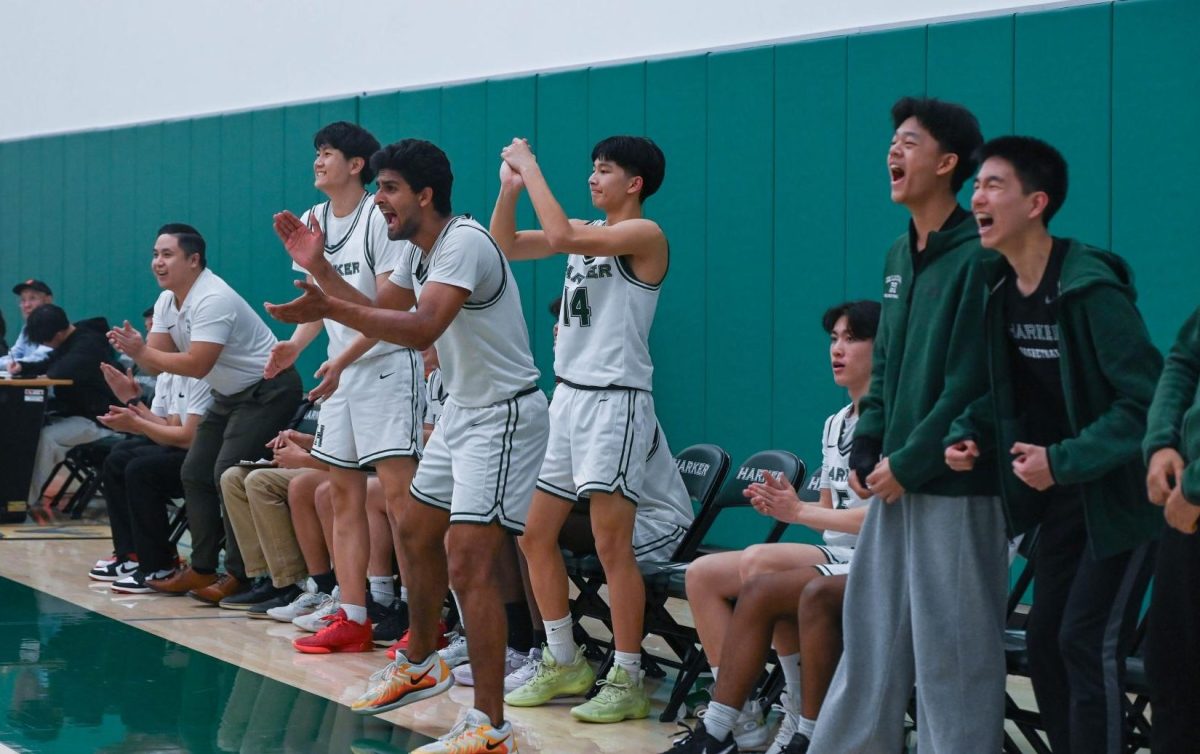
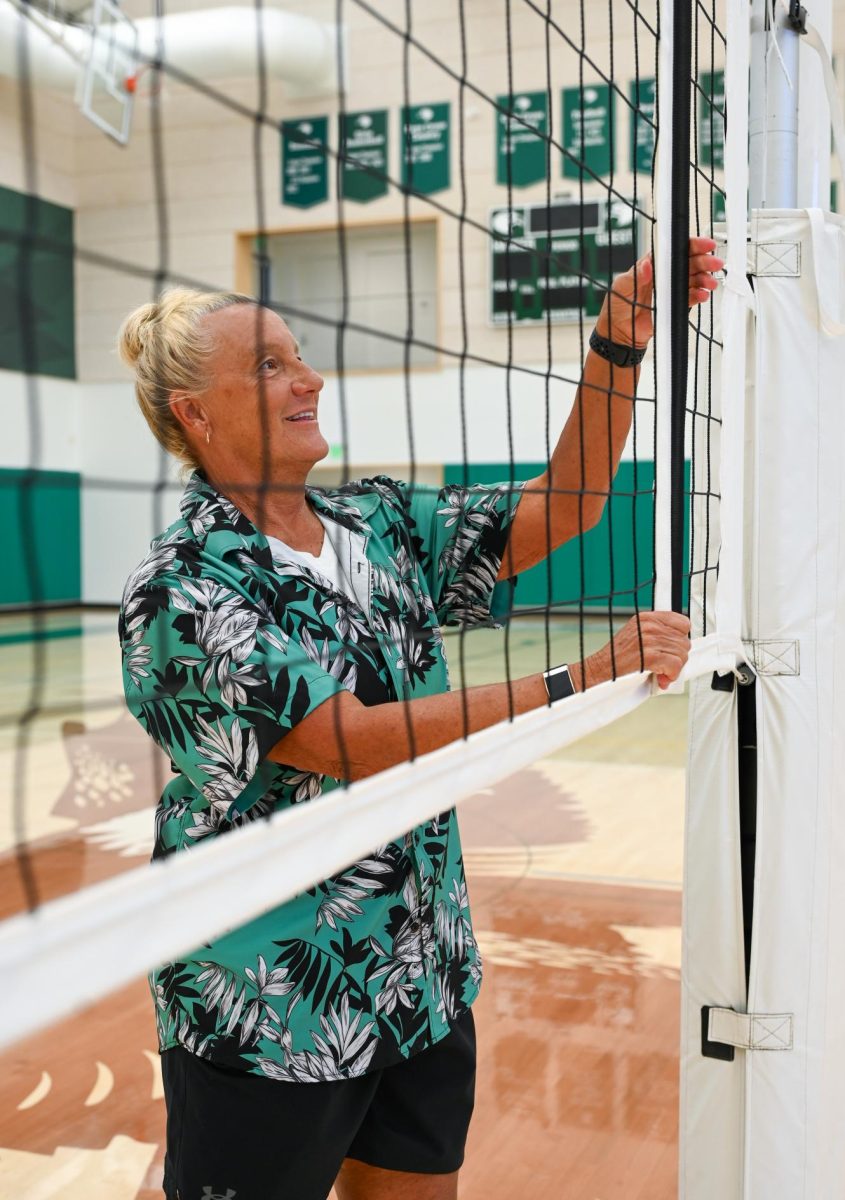
![Sai Kaneshiro (10) warms up her swinging technique during a practice. “I try to not think about [the pressure] too much and just take it one day at a time, one tournament at a time,” Sai said.](https://harkeraquila.com/wp-content/uploads/2025/08/sai-kaneshiro-10-ashley-mo-min-2-e1756584218934-981x1200.jpg)
